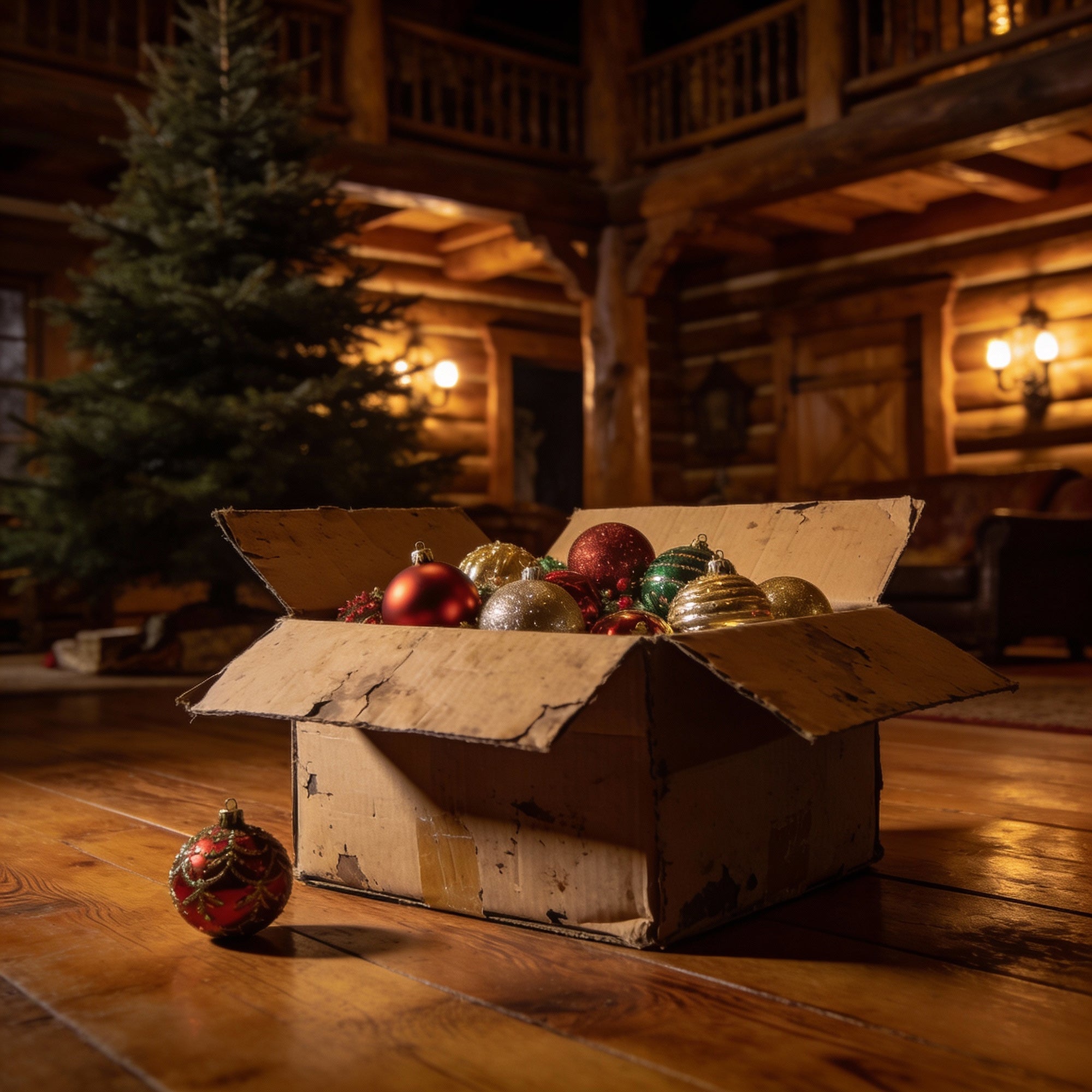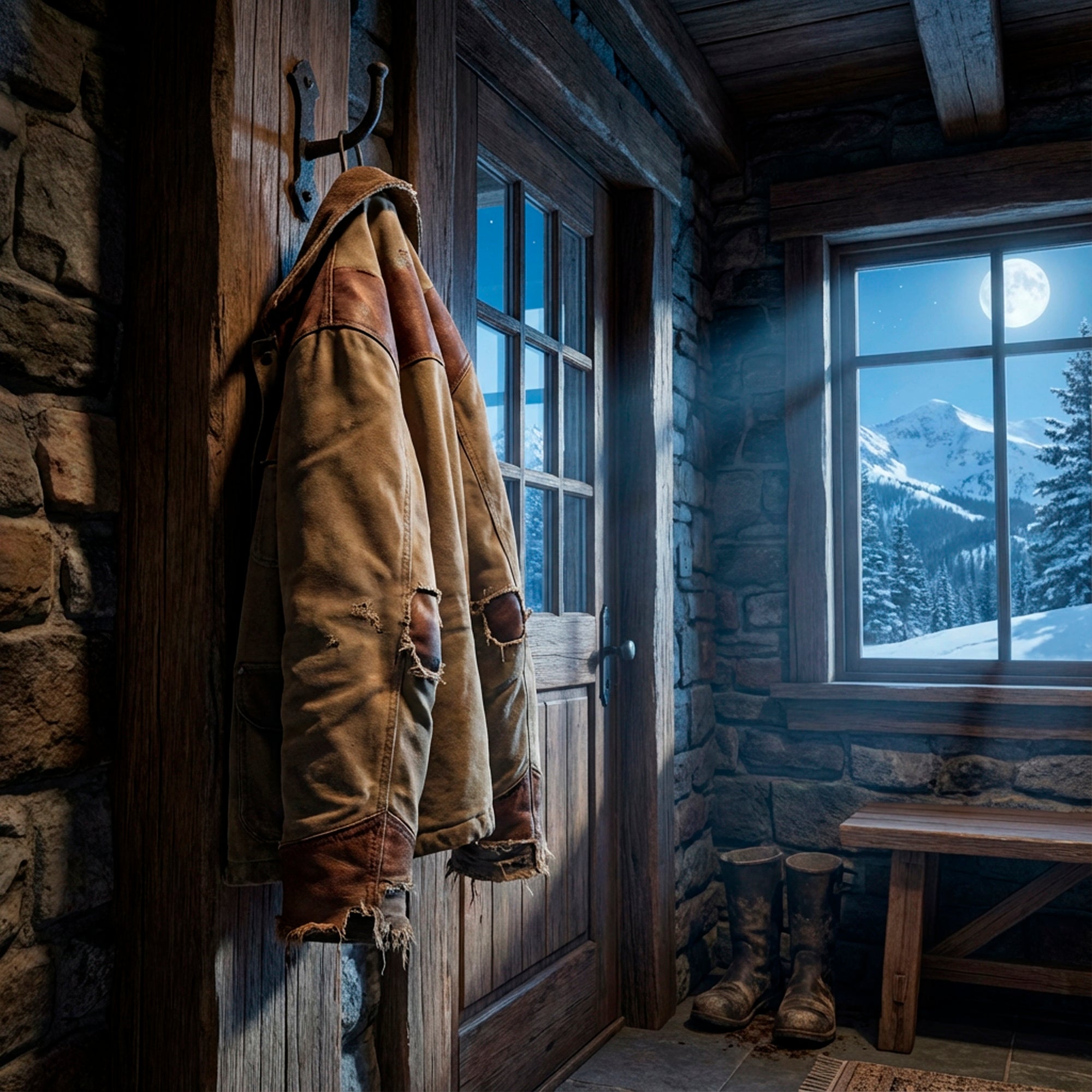INTRODUCTION: WHERE WESTERN GATHERINGS BEGIN
A Western dining table isn’t purchased — it’s chosen.
It’s the architectural anchor of a home, the place where mornings begin, where holidays are remembered, where friends swap stories long after the plates are cleared. In the West, the dining table is more than décor. It’s an unspoken symbol of hospitality, tradition, and the rugged beauty of the land itself.
For ranch homes, high-country cabins, modern desert retreats, or even urban homes craving Western soul, the right dining table sets the tone. Not just for the room, but for the life lived in that room.
Today’s Western dining tables blend heirloom construction with design details that honor the spirit of the frontier: reclaimed timber worn by time, forged-iron bases shaped by flame, slab edges that retain the curves of the original tree, and finishes that echo canyon walls, mountain stone, and weathered ranch gates.
The options are rich. The craft is deep. And choosing the right table isn’t about following trends — it’s about choosing a piece that will age with you, serve with you, and hold the stories that define home.
This guide walks you through every factor to consider — size, shape, material, construction, style, finish, care, and how to match a table to your Western interior. Whether you're outfitting a sprawling ranch dining hall or adding rustic luxury to a smaller space, this article will help you choose a table that feels unmistakably Western — and unmistakably yours.
Let’s ride.
1. START WITH THE HEART OF THE ROOM: PURPOSE & LAYOUT
Before you think about materials, finishes, or leg styles, begin with the question no one else asks:
What kind of gatherings do you want this table to hold?
A Western dining table is a functional sculpture — but it’s also a stage for daily life. Think in terms of the room’s rhythm.
Do you host long, lingering dinners?
Choose materials that photograph beautifully and feel inviting to the touch — slab tops, smooth hardwood, rich walnut, or hand-planed oak.
Do you entertain large groups?
Look for trestle bases or double-pedestal designs that maximize seating. Avoid chunky legs at the corners.
Is your home a working ranch or high-traffic family space?
Durability matters. Opt for hardwoods with rugged finishes — distressed, matte, waxed, or hand-rubbed oil finishes that hide wear gracefully.
Do you want the table to be a showpiece?
Copper tops, turquoise inlay, live-edge slabs, or reclaimed wood with dramatic grain patterns pull attention naturally.
Understanding how you live — and how you gather — is the compass that guides every other decision.
2. MEASURE LIKE A RANCHER: SIZE, SCALE & ROOM PROPORTION
If the table is the anchor, proportion is the rope that ties the room together.
Getting the size right is non-negotiable. Here’s the Western-home formula:
A. Clearance Around the Table
Allow at least 36 inches of walkway space on all sides.
In great rooms or open-plan spaces, aim for 42–48 inches for a more luxurious feel.
B. Seating Capacity Guide
• 6-ft table: comfortably seats 6
• 7-ft table: seats 6–8
• 8-ft table: seats 8–10
• 9-ft+ table: seats 10–12
Ranch homes often demand the 8–10 ft range — that’s the sweet spot for holiday meals, branding-day gatherings, and big-family living.
C. Room Size to Table Size Ratios
If your dining area is:
• Small (10' x 10' to 10' x 12'): 5–6 ft table
• Medium (12' x 14' to 14' x 14'): 6–7 ft table
• Large (14' x 16'+): 7–9 ft table
• Grand Lodge / Ranch Hall: 9–12 ft custom
Western homes love scale. Don’t be afraid of a table with presence — just let the room breathe around it.
3. CHOOSING THE RIGHT SHAPE FOR YOUR SPACE
Western dining tables commonly come in three shapes: rectangular, round, and oval — each with its own personality.
A. Rectangular (The Western Classic)
Ideal For:
• Ranch homes
• Long dining rooms
• Large gatherings
Why It Works: Rectangular tables echo the long lines of ranch architecture and mountain cabins. They pair beautifully with trestle bases, live-edge slabs, and reclaimed wood planks.
B. Round (Warm, Social, Intimate)
Ideal For:
• Square rooms
• Smaller spaces
• Families who value conversation
Why It Works: A round Western table creates a sense of gathering and connection — perfect for bunkhouse breakfasts or lodge coffee nooks. Choose carved pedestal bases or iron scrollwork for Western flair.
C. Oval (A Perfect Middle Ground)
Ideal For:
• Transitional spaces
• Rooms with heavy furniture
• Homes seeking softer lines
Why It Works: Oval tables soften the ruggedness of Western materials — especially when paired with upholstered chairs, cowhide seats, or carved pedestals.
4. MATERIALS THAT DEFINE WESTERN DINING TABLES
No decision influences the character of your table more than the materials.
Here’s what defines authentic Western furniture:
A. Solid Hardwoods (The Backbone of the West)
Common Western choices include:
• Mesquite (legendary durability, rich character)
• Acacia (smooth grain, strong, affordable)
• Walnut (luxury, deep tone, refined)
• Pine (rustic character, softer feel)
• Oak (classic strength and texture)
Look for:
• Hand-planed surfaces
• Saw-mark distressing
• Burnished or waxed finishes
• Deep, rich stains
B. Reclaimed Wood (History You Can Feel)
Reclaimed planks carry stories: nail holes, knots, weathering, sun-bleaching, and grain variation.
The best reclaimed wood work is:
• Multi-tonal
• Nail-hole filled
• Structurally reinforced
• Hand-finished for smooth touch but rustic appearance
C. Live-Edge Slabs (A Statement of Nature)
A live-edge Western table is the closest you can get to the spirit of the land.
Look for:
• Thick-cut natural edges
• Bookmatched slabs for symmetry
• Clear protective finishes
• Strong iron or pedestal bases
D. Copper, Turquoise & Stone Inlays (Southwestern Soul)
These elements blend rugged and refined — the heart of Western design.
Hammered Copper Tops:
Warm, organic, and rich — copper aging beautifully over time.
Turquoise Inlay:
A Southwestern signature.
Brings a pop of color reminiscent of canyon stone and desert skies.
Stone or Metal Accents:
• Iron banding
• Slate tiles
• Hand-forged rivets
5. BASE STYLES THAT MATTER: STABILITY, COMFORT & WESTERN CHARACTER
Leg and base design will change your table entirely.
A. Trestle Bases
Best For:
• Large tables
• Long rooms
• High seating capacity
Why Western Homes Love It: No legs at the corners — more seating flexibility.
Stable. Sculptural. Strong presence.
B. Pedestal Bases
Best For:
• Round tables
• Compact spaces
• Carved or artistic styles
Why the West Loves It: It lets the tabletop shine. And it brings old-world ranch charm.
C. Slab or Modern Iron Bases
Best For:
• Mountain-modern homes
• Rustic-modern interiors
• Copper or live-edge tops
Why It Works: Clean. Strong. Refined. A beautiful counterbalance to heavy, rustic tops.
6. FINISHES & COLORS THAT DEFINE THE WEST
Western finishes aren’t “trendy.” They’re timeless.
Look for:
• Tobacco brown
• Saddle tan
• Dark walnut
• Espresso
• Desert sand
• Turquoise wash
• Weathered grey
• Burnished copper
And finish techniques such as:
• Hand-rubbed oil
• Wax layering
• Distressed edges
• Brushed textures
• Charred or blackened edges
• Two-tone tops and bases
A Western table should look like it belongs to the landscape — not a showroom.
7. THICKNESS, EDGE DETAIL & SURFACE TEXTURE
These details transform a table from generic to heirloom.
Edge Profiles:
• Live-edge (organic, natural)
• Rope-carved (classic Western detail)
• Bullnose (smooth, refined)
• Chamfered (modern Western)
Surface Texture:
• Smooth matte
• Hand-scraped
• Distressed
• Wire-brushed
• Natural tool marks
Your touch creates your preference — choose what feels authentic to your home.
8. MATCHING CHAIRS & BENCHES: CREATING A COHESIVE WESTERN SET
Your table sets the mood.
Your seating sets the comfort.
Mix and match options:
• Cowhide chairs
• Leather dining chairs
• Carved wood spindle-back chairs
• Western upholstered captain’s chairs
• Benches with iron legs
• Tooled leather backs
• Boot-stitch embroidery
• Axis hide accents
Western interiors thrive on texture, contrast, and natural materials.
9. CUSTOMIZATION: WHEN ONE SIZE DOESN’T FIT YOUR STORY
Your home isn’t off-the-shelf. Your dining table shouldn’t be either.
Customization options include:
• Length, width, height
• Finish colors
• Nailhead accenting
• Base style
• Leg spacing
• Iron patina
• Wood species
• Inlay materials
A custom piece isn’t a purchase — it’s a legacy.
10. FINAL CHECKLIST: WHAT REALLY MATTERS
Here’s your quick-hit Western dining table checklist:
✓ Solid hardwood or reclaimed wood
✓ Sturdy base (trestle, pedestal, or iron)
✓ A finish that suits your home’s palette
✓ A size that leaves the room breathing
✓ Seating capacity for real gatherings
✓ A shape that supports your layout
✓ Materials that match your lifestyle
✓ Textures that age gracefully
✓ Artisanal craftsmanship — no shortcuts
✓ A look that feels like your story
If it checks all these boxes, you’ve found your table.
CONCLUSION: THE TABLE THAT CARRIES YOUR LEGACY
In the West, the dining table isn’t the background — it’s the foundation.
It holds the Sunday meals.
It supports the holiday spreads.
It bears the scratches, dings, and marks from life well lived.
And someday, it becomes part of the story you pass on.
Choosing the perfect Western dining table isn’t about style alone — it’s about soul. It’s about selecting a piece that will stand steady through years of gatherings, celebrations, and quiet mornings.
A table built from real materials.
A table built by real hands.
A table built for the way you live.
When you find the right one, you’ll know it.
Because Western furniture doesn’t whisper — it speaks with the weight of the land and the warmth of a home that gathers with intention.
And that’s the beauty of choosing a Western dining table:
you’re not just choosing furniture —
you’re choosing the stories that will be told around it.







Share:
The Spirit of Western Gifting: Stories, Silver, and the Handmade Heart
Transform Your Space: The Ultimate Guide to Western Furniture Styles and Decor Tips